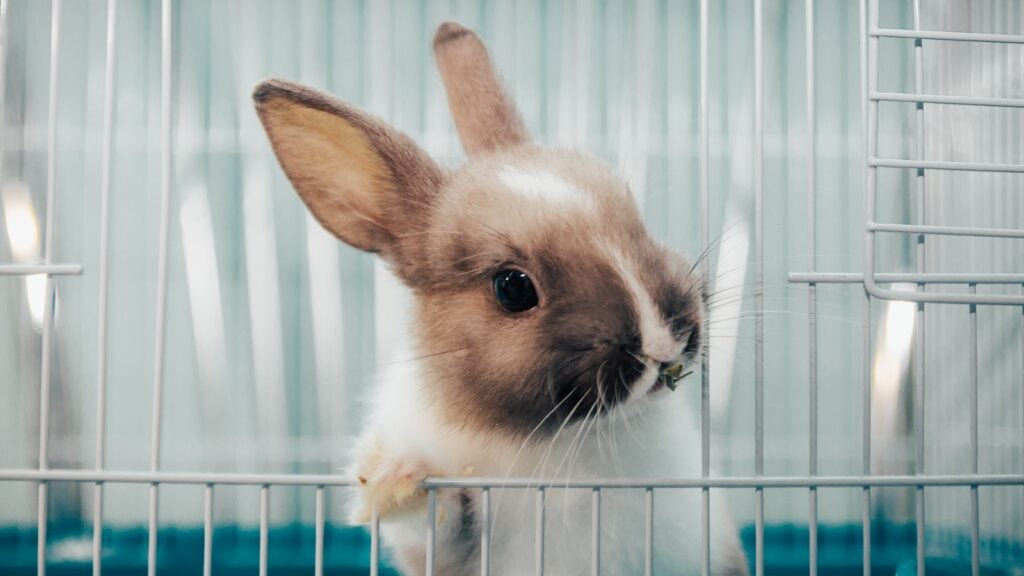Animal rights activists are celebrating the US Department of Transportation (DOT) and its acceptance of non-animal testing methods.
Skin testing is an essential part of risk assessment when moving chemicals via boat, airplane, truck, or train. US law dictates that substances must be assessed for their potential to cause chemical burns.
Previously, shaved rabbits had to be exposed to hazardous substances. But the DOT now accepts animal-free skin testing as a viable alternative. It has not banned animal testing but acknowledges that there is no requirement for animals to be part of the process.
The decision to move away from the compulsory use of animals comes 30 years after PETA helped persuade the DOT to partially replace rabbits in mandatory skin corrosion tests.
Removing animals from the testing chain
Rabbit skin tests have been shown to produce variable results at best.
Now that animals are no longer needed to conduct pre-transportation skin corrosion tests, PETA has pledged to spread the word about the policy change. Informing every relevant company in the US about the viability of synthetic skin testing procedures is an immediate priority.
The animal rights organization also published a letter from the DOT. It stated that it hoped the new policy will “result in the reduction of the use of in vivo animal testing.”
The DOT decision comes as halting animal experiments continue to dominate activists’ agendas.
The Humane Society of the United States (HSUS) scored a sizable victory last month, securing the release of around 4,000 beagles from a Virginia testing facility. Their freedom was granted after a judge reviewed inspection reports and found them to be living in “shocking” conditions.
Elsewhere, EgyptAir just became the latest major airline to remove itself from the testing chain. It has halted the transportation of monkeys and primates to global testing locations with immediate effect. The change of heart followed an intensive campaign from PETA, supported by Action for Primates, Stop Carmales, and One Voice.
A blanket ban on animal testing
Both PETA and HSUS continue to demand the US Food and Drug Administration (FDA) initiates a ban on animal testing. Not only due to the cruelty involved but also results inaccuracy.
Following animal tests, around 90 percent of drugs that reach human trials fail, PETA reports.
An estimated 50 percent don’t pass muster due to unexpected toxicity that was not detected at the animal stage.
Despite these findings, the FDA continues to encourage animal experimentation to bring new pharmaceuticals to market.
“Although we’re encouraged by FDA’s interest in advancing the development and use of non-animal testing, if we have any hope of ending the cruelty of animal testing, the FDA must commit to change,” HSUS states.
“They must make it clear that animal tests are not the only option for drug approval and work to create incentives for companies to both use and develop non-animal testing methods.”






